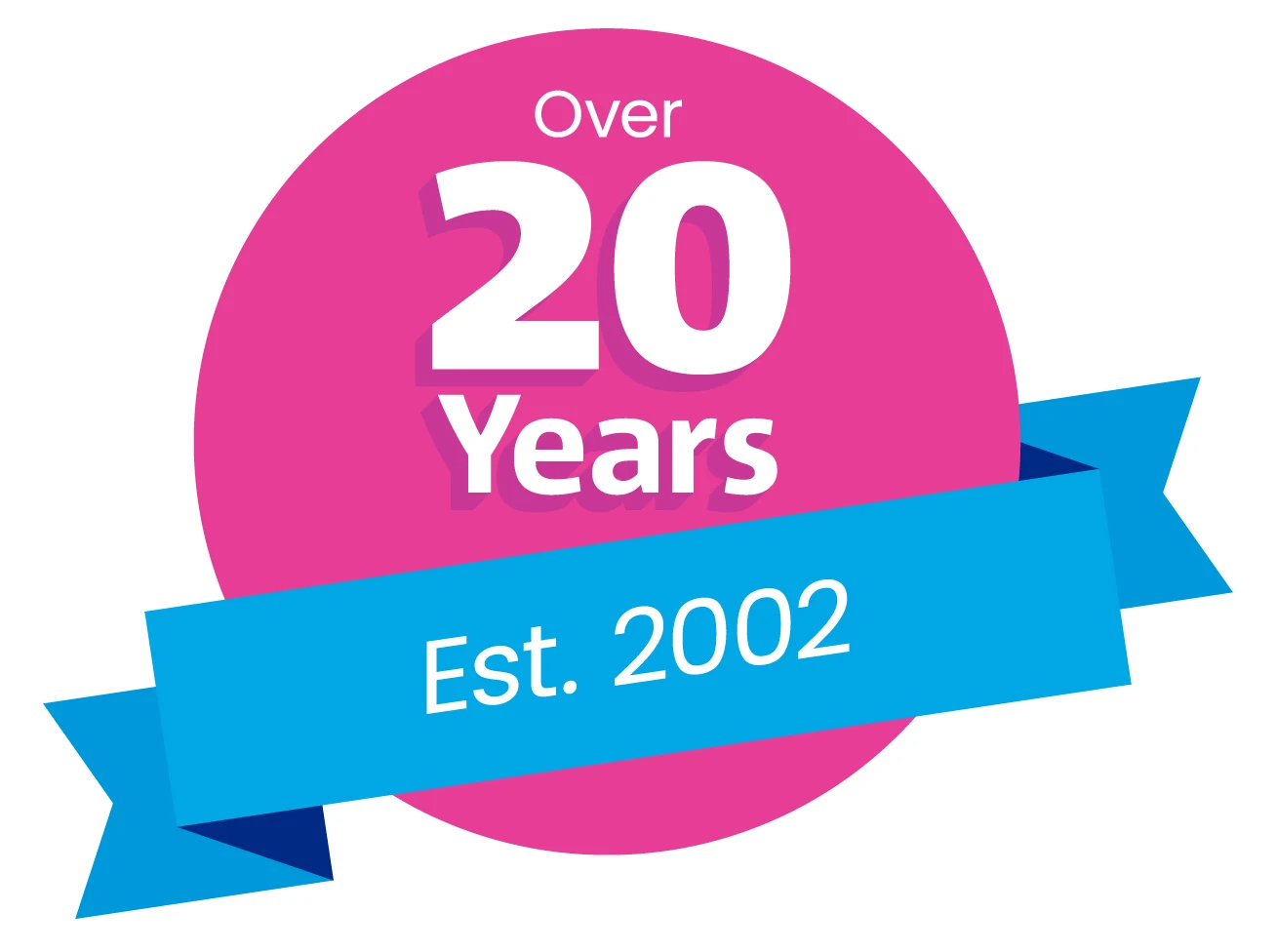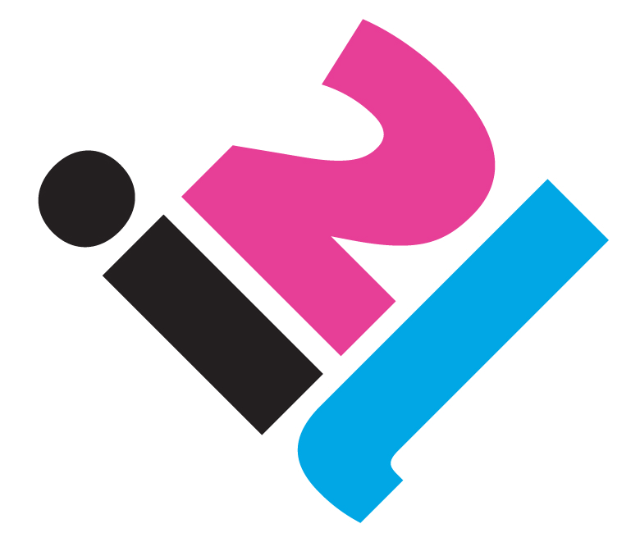We had an interesting first-hand experience this week of coaching in a medical context, and it was utterly brilliant (if not a tad painful for the patient).
Unfortunately for Barrie, he attended a local hospital last week for some minor surgery as an outpatient. Fortunately for me, it provided a brilliant example of how coaching can be used to great effect. Once the moment of inserting the local anaesthetic had passed, Barrie was able to relax and listen to the conversation between the consultant and the registrar. The registrar performed the surgery under the watchful eye of his experienced colleague and the whole ‘teaching’ process was conducted with clever coaching questions instead of instruction. Some examples of questions used by the consultant included:
- What are you noticing?
- How would you like to approach this?
- What can you see?
- Is it what you expected?
- Are you still going to approach it in the same way?
- Have you got everything you need?
- Why do you think you are going to need that?
- Are you sure?
- Is there anything about what you are seeing which suggests a different strategy?
- What ideas do you have for the next step?
The benefits of these questions were many:
- the registrar never felt undermined and was supported to think
- new possibilities were created
- the registrar took his own approach and solved his own problems
- the consultant showed trust in the registrar’s ideas and reaffirmed his approach
- the consultant was able to move in a supervisory role between several procedures that were taking place in cubicles, without investing time and energy in one at the expense of another.
At the end of the procedure, Barrie asked, ‘How long before I can get on my bike?’ The consultant replied, ‘About a week I would say. What do you think [name]?’ This question was designed as a challenge, to see if the registrar would exercise his opinion and contradict a more senior colleague. The registrar’s response was ‘I would prefer two weeks’, at which point the consultant agreed. This approach was very clever, as it tested the registrar subtly in front of other colleagues and patients, without showing him up in any way or backing him into a corner. The registrar, although more junior was also very experienced, so providing a learning experience without telling him how to do his job was a skillful and empowering approach. It was very clear that there was mutual respect in the relationship and it felt a very positive learning environment.
How could you use more questions at work and what could be the benefits of taking a coaching approach?





